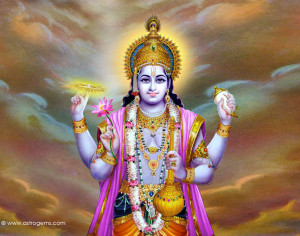
In September 1995, Hindus all over the world experienced what they considered a modern day miracle. It had to do with Ganesh, the endearing, mouse-riding, elephant-headed deity whom Hindus must always worship before worshiping God. Ganesh or Ganpati is not God, the Absolute Spirit. Rather, Ganpati, like other gods and goddesses in the Hindu pantheon, is a manifestation of certain divine characteristics. God is everywhere and His light shines in all beings, so Hindus may worship Ganesh or any god or goddess or any representation or symbol of God to their heart’s content. However, Ganpati is of particular importance because he is the gateway to the absolute God.
. . .
Early in the morning of September 21, 1995, a worshiper in one of New Delhi’s largest temples offered a spoonful of milk to a statue of Ganpati. The milk disappeared, apparently absorbed through Ganpati’s trunk. News of this occurrence spread and by mid-morning Ganpatis all over North India were drinking milk. By the end of the day and for some days thereafter Hindus worldwide began to test statues and the reported that the milk drinking phenomenon was real. The World Hindu Council (VHP) announced that a miracle was happening. The stock market and the federal government was closed to allow people to participate in feeding Ganpati statues. Stories poured in from Hindu communities in Singapore, Thailand, Nepal, Dubai, the United Kingdom, Canada, and the USA. Skeptics watched milk, disappear, amazed.
See Chapter Five, Myths and Legends in On Hinduism by Irina Gajjar.


















